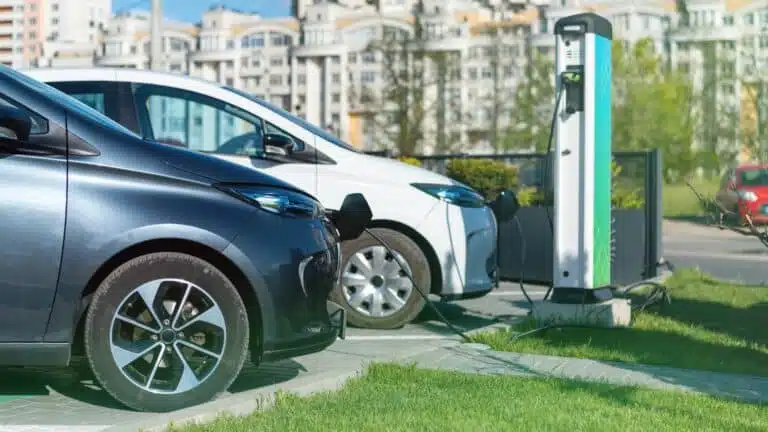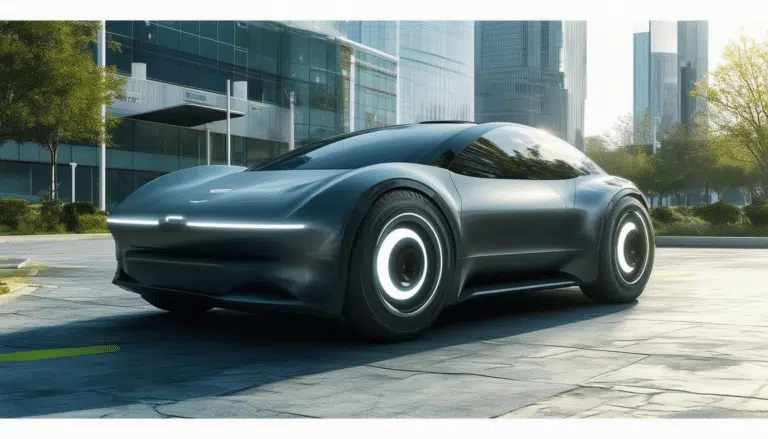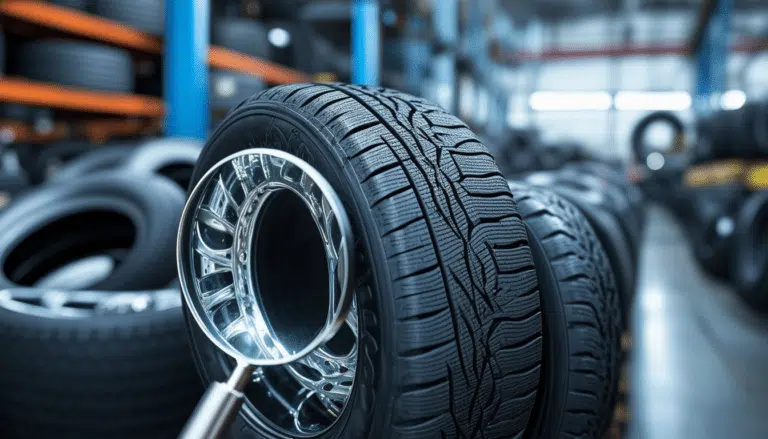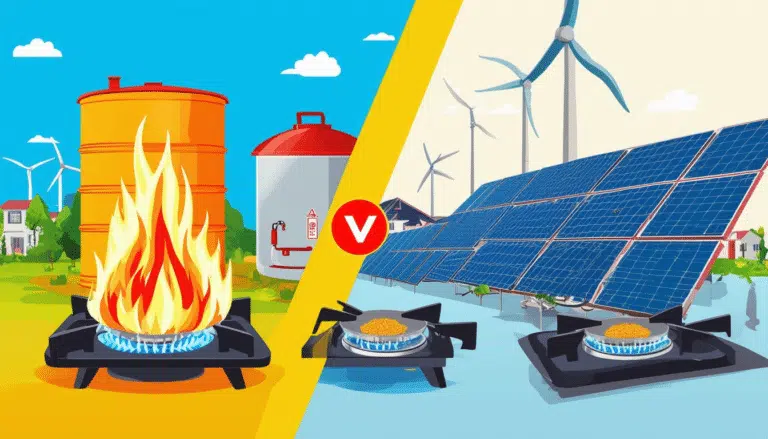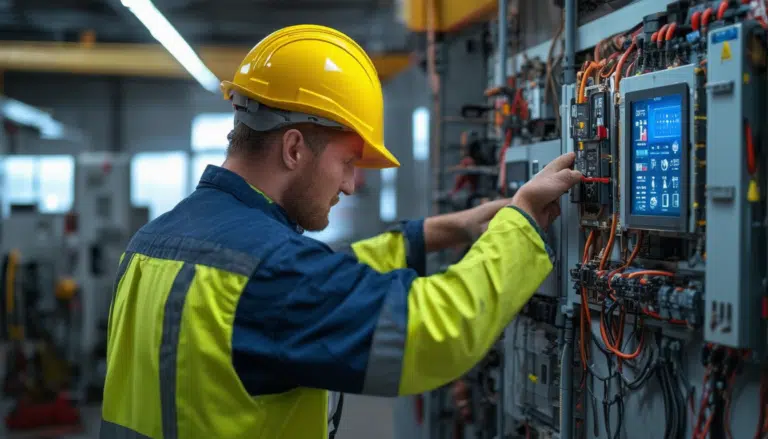Establish personal goals for fuel savings
In a world where the costs of fuels continue to rise and concern for climate change is increasingly urgent, setting personal goals for fuel savings becomes a necessity. These goals not only positively impact the health of our personal economy, but also contribute to creating a more sustainable environment. Adopting conscious and efficient energy consumption habits is key to reducing our environmental impact and optimizing our resources, allowing us to enjoy a more responsible life connected to the care of the planet.
In a world where fuel prices are constantly rising, setting personal goals for fuel savings presents itself as an urgent necessity. It’s not just about taking care of your wallet, but also about contributing to the sustainability of the planet. Implementing effective strategies allows you not only to optimize energy consumption but also to adopt habits that benefit the environment. This article explores the importance of setting clear and practical objectives, as well as various strategies that can help achieve these goals.
Define your savings goals
To establish effective personal goals, it is essential for each individual to define their savings objectives. This can include the specific amount of fuel that one wishes to reduce monthly or annually. For example, setting a goal to reduce consumption by 10% may seem like an achievable target and can motivate drivers to be more conscious of their driving habits.
Evaluate current consumption
Before setting goals, it is essential to conduct a detailed analysis of current fuel consumption. This involves keeping track of the kilometers driven, the type of vehicle, and fuel expenditure. Tools such as apps to monitor fuel spending can be very helpful in gaining a clear insight into consumption patterns.
Establish eco-driving habits
Once the objectives are defined, the next step is to implement eco-driving habits. These habits will not only help reduce fuel consumption but will also contribute to a cleaner environment. For instance, maintaining a constant speed and avoiding sudden accelerations can improve fuel efficiency by up to 30% in certain cases.
The importance of vehicle maintenance
Keeping the vehicle in optimal condition is another key aspect of achieving fuel savings goals. Regular maintenance, such as oil changes, tire checks, and injection system inspections, can result in better fuel economy. Proper maintenance not only prolongs the life of the vehicle but also ensures that it runs efficiently.
Incorporate clean technologies
For many, one of the best ways to set personal goals is to consider the adoption of clean technologies. Electric vehicles are a viable option that can significantly reduce fossil fuel consumption. In addition, there are other alternatives such as hybrid vehicles that combine combustion and electric engines, providing greater energy efficiency.
Trip planning
Proper trip planning also plays a crucial role in fuel savings. Organizing efficient routes and avoiding traffic not only helps save money but also reduces driving time. Implementing smart navigation can optimize the route and decrease energy consumption.
Education and awareness about fuel savings
Education and awareness are crucial for promoting fuel savings. It is important for individuals to understand how their driving decisions impact the environment. Offering workshops, courses, or even sharing educational content about the importance of adopting responsible habits can motivate others to set similar goals.
Establish a support network
Being part of communities or groups focused on fuel savings can be beneficial. Sharing experiences, tips, and achievements can create an environment of motivation and commitment. Collaborative economy can offer various opportunities, such as carpooling, which not only saves fuel but also encourages teamwork and friendship among community members.
Evaluate progress and adjust goals
Finally, it is vital to track progress towards the established goals. Reviewing fuel consumption monthly or quarterly and evaluating whether the objectives are being met is essential for identifying areas for improvement. If a goal seems unattainable, it is valid to readjust the objectives to better fit personal reality.
Setting personal goals for fuel savings is a process that not only impacts personal finances but also promotes responsible practices towards the planet. Adapting habits, properly maintaining the vehicle, and educating oneself about consumption are fundamental steps in this journey towards more conscious and sustainable driving.
For more information on maintenance and fuel economy, check this link here.
Additionally, if you want to optimize consumption in used cars, you can review the following article here.
The need to reduce fuel consumption is becoming increasingly urgent due to the growing concern over climate change and the constant rise in fuel prices. Setting personal goals for fuel savings is not only beneficial for household finances but also contributes to the well-being of the environment. By implementing practical and sustainable strategies, individuals can reduce their dependence on fossil fuels and promote the adoption of cleaner technologies.
It is essential to start by defining clear and achievable goals. For example, setting a target to reduce consumption by 15% over a set period can be a good starting point. It is advisable to keep track of fuel consumption, using applications that allow for recording expenses and vehicle efficiency. This practice not only provides control over spending but can also help identify areas for improvement in driving habits.
Moreover, changing the way you drive can have a significant impact on fuel savings. Maintaining a constant speed, avoiding sudden accelerations, and reducing unnecessary weight in the vehicle are habits that do not require large investments, but can generate a considerable savings in the long run. Education and awareness about best driving practices are key aspects for achieving these goals.
Finally, by sharing these goals with friends and family, it can foster a collaborative environment that inspires others to join the cause. Collective action and personal commitment are essential for achieving a more sustainable future and reducing the environmental impact generated by fuel consumption.

